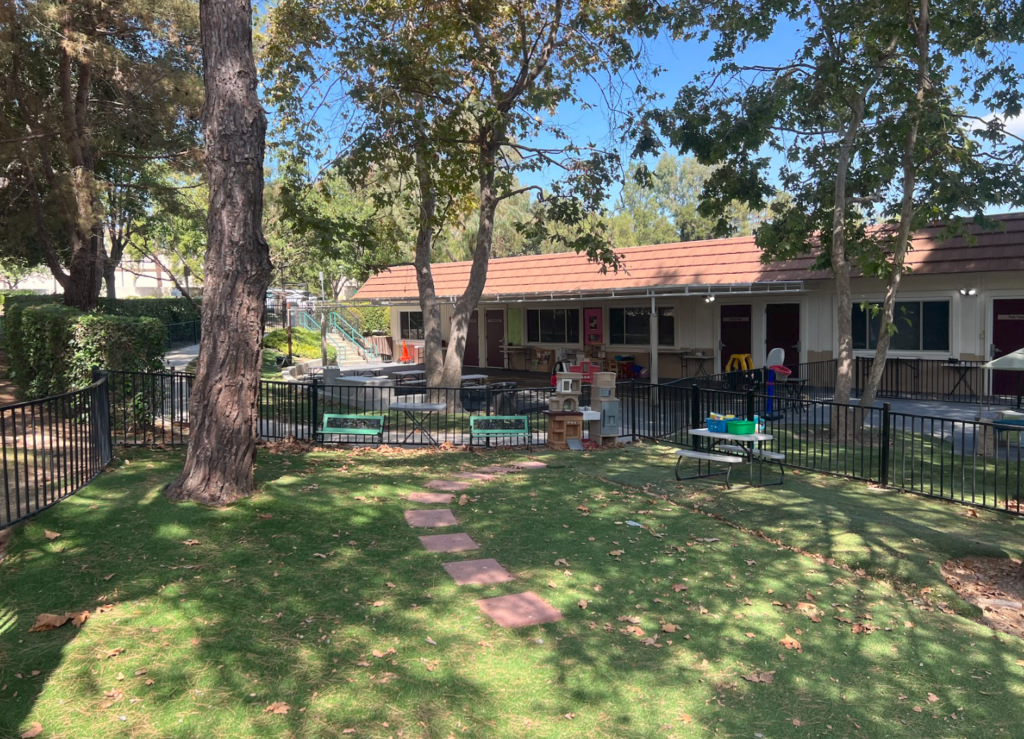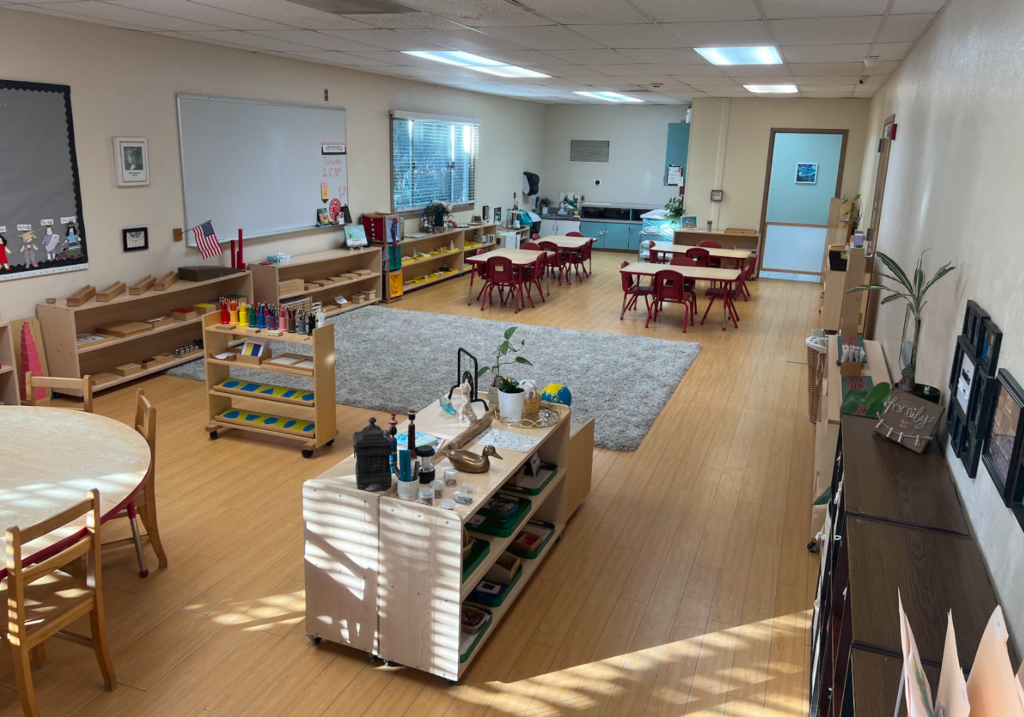Montessori’s educational method emphasizes the importance of hands-on learning, self-directed activities, and individualized instruction. She believed in creating an environment that fosters curiosity and allows children to learn at their own pace.
Through her extensive research and observations, Dr. Montessori developed a curriculum that encompasses not only academic subjects but also practical life skills, sensorial experiences, and social-emotional development.
Her approach has been widely adopted around the world, as educators recognize the immense benefits it offers to children. The Montessori method encourages critical thinking, problem-solving skills, and a love for lifelong learning.
Dr. Maria Montessori’s legacy continues to inspire educators and parents alike to create nurturing environments where children can thrive academically, emotionally, and socially. Her work has had a profound impact on education globally and will continue to shape the future of teaching for generations to come.

Please fill out the form below with any questions you may have or tour date inquiries and we'll get back to you as soon as we can!
